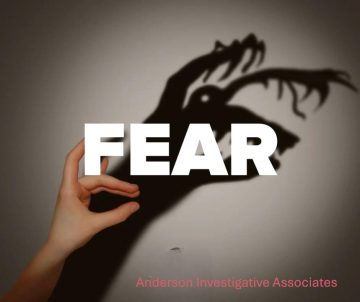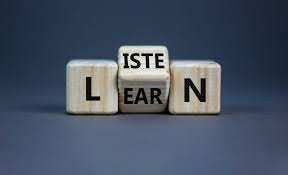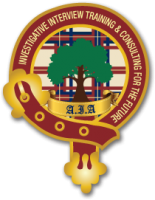
Evidence-Based Insights: Why Influence Outperforms Persuasion in Investigative Work
Last week we talked about evidence-based practices to conduct more effective interviews, and I asked you to do a New Year’s self-assessment to identify changes necessary to your repertoire. Did you, do it??? Hmmm? Well, guess what? More self-assessment today on our use of persuasion vs influence and what that looks like. And just to be clear. I write these

The Silent Struggle: The Impact of Loneliness on Investigative Interviewing
“Loneliness and the feeling of being unwanted is the most terrible poverty.”— Mother Teresa The last two weeks we examined the use of words in the interview room, both by the interviewer and interviewee. We looked at the importance of active listening to that person sitting across from us. Part of that need to “listen” is our responsibility to fully

The Power of Understanding: How Empathy Dismantles Fear in High-Stakes Interviews
Empathy has no script. There is no right way or wrong way to do it. It’s simply listening, holding space, withholding judgment, emotionally connecting, and communicating that incredibly healing message “you’re not alone.” – Brene Brown When it comes to interviewing, we must keep fear paramount in our minds. What is the interviewee fearing? Is it jail time? Who’s going

3 Steps to Start Embracing Life’s Changes: Practical Steps to Help You Embrace Change with Confidence
“Change is inevitable. Growth is optional.” — John C. Maxwell Two weeks ago we talked about change and the need to remain open to it when it comes to investigative interviewing. We need to examine research for the best evidence-based practices and implement them to maximize our interviewing results. We can’t get locked into the dogma and folklore of the

9 Proven Tips for Navigating Life’s Toughest Changes: Practical Steps to Help You Embrace Change with Confidence
“Change your thoughts and you change your world”. — Norman Vincent Peale Last week we talked about change and the need to remain open to it when it comes to investigative interviewing. We need to examine research for the best evidence-based practices and implement them to maximize our interviewing results. We can’t get locked into the dogma and folklore of

Listen to Learn: 9 Areas to Focus for Success
“If you’re not listening, you’re not learning.” — Lyndon B. Johnson Interviewing is so imperative to investigations, auditing, and so many areas of our professional lives. Interviewing is also a subject that garners a great deal of scientific research. Research shows that many areas of pseudo-science and folklore that have been a part of interviewing instruction need to be gone.

